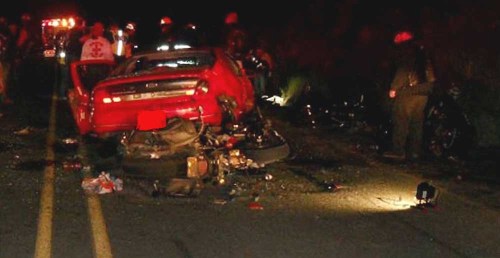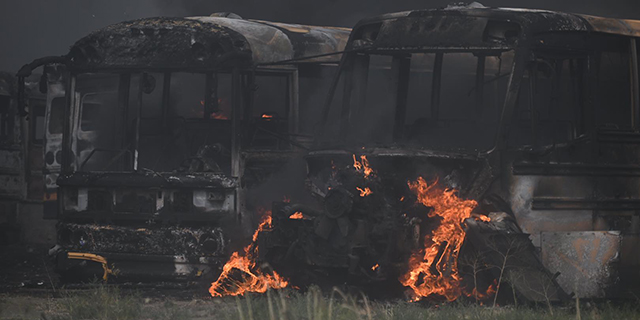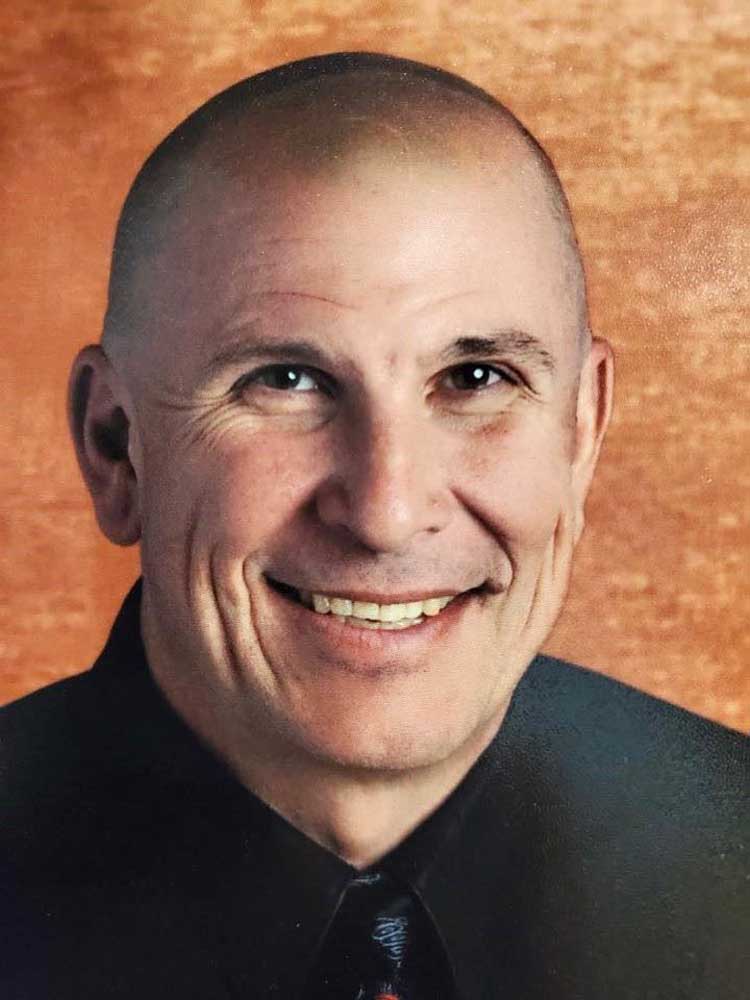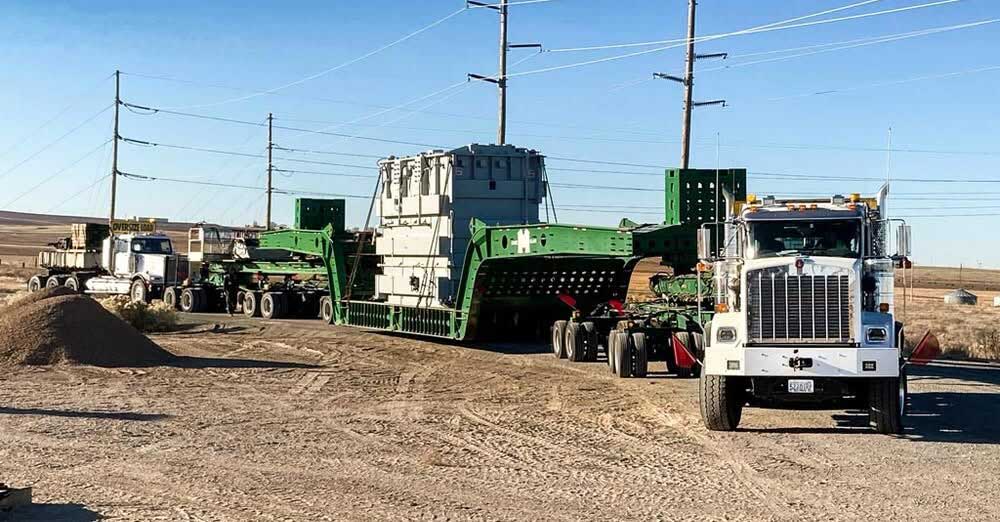What to do about shrinking frontier Oregon?
Published 8:17 am Monday, July 16, 2018

- A May crash near Fossil that caused the death of three motorcycle riders and multiple injuries to others was ruled criminal by the Gilliam County District Attorney's Office.
There is a problem with funding public safety in rural Oregon, and nowhere is that more clear than in Wheeler County.
Chris Humphreys, who has been sheriff there since 2013, declared his intention to leave the office — and that change in management caused each of his deputies to find work elsewhere. That will leave the rural Oregon county of about 1,400 people without any full-time law enforcement officers on the job when Humphreys exits.
The Oregon Association of Sheriffs is on the case, hoping to recruit people to the position of sheriff (remember, it is an elected position.) Humphreys himself is going through his law enforcement Rolodex to try to find someone who has the skills for a job that he admits pays little, has few resources, requires being on the job 24/7 and makes for a difficult quality of life.
Others are on the case to make it a more attractive position.
Oregon State Representative Daniel Bonham lives in the The Dalles and because of a strange drawing of the legislative map, he represents Wheeler County. Bonham said he understands that the cities of Mitchell and Fossil have little in common with those in Mosier and Maupin, and that he may have to think outside the box to represent Wheeler County wisely.
He has a few ideas about how frontier Oregon can survive as populations age, industry disappears and schools shrink and close.
Bonham has considered making the highway to the John Day Fossil Beds a toll road, even one that is unmanned with a collection box for visitors to throw in a dollar or two.
He said that hundreds of thousands of visitors trek to the national monument, and often they spend very little in the local economy. And that number of visitors is growing, and public safety officers are responding more often to travelers who run out of gas, get lost, are dehydrated or have some other emergency.
If a percentage of them were to drop a few dollars in the till on their way to fun and adventure, it could be used to support the law enforcement and infrastructure that serves those tourists.
There are other ideas, too, that Bonham has heard from frontier Oregon locals. The Oregon Department of Transportation has rules banning unregulated advertisements along roadsides.
For some of the small blink-and-you-miss-them Oregon towns, allowing a handmade sign along a state highway to let travelers know they can pull off to buy a can of Coke, a container of worms or a fresh meal can make all the difference.
“That’s something where rural Oregon needs different rules than the rest of the state,” Bonham said.
Humphreys knows that economic development is really what the county sheriff’s office needs. There is little industry in the county, where mills closed in the 1970s and population numbers have been decreasing since the 1950s. According to the U.S. Census, from 2000 to 2013 the median age in Wheeler County rose from 48 to 56. By contrast, the median age of Multnomah County is 36.1.
We reported in June about the three-person class of Wheeler County High School. Each of the three will continue to higher education, and each had no plans to return to the Fossil area. If generations are getting smaller, and none are returning, then the small cities still remaining in the county are not long for this world.
That reality may provoke additional rethinking.
What about a tri-county law enforcement operation that covers Wheeler, Gilliam and Sherman counties? Each county is of a similar size and similar population, and are contiguous. It would allow for place-based law enforcement, while also allowing for a better quality of life and perhaps even some time off the clock. The three counties are already looking at departments where they can partner and share resources. It makes plenty of sense.
The real problem here is a lack of economic activity in Oregon’s rural places. Add to that an increase in recreation in our wildest places and you have a recipe for disaster. Our once-strong volunteer crews are breaking under the additional requirements of the remunerative-less job — and paid public safety officials are become exhausted, too.
With little infrastructure, few resources and no connection to the worldwide economy, places like Wheeler County will continue to shrivel, become more lawless, become more wild, become poorer. Good luck being a sheriff there.





